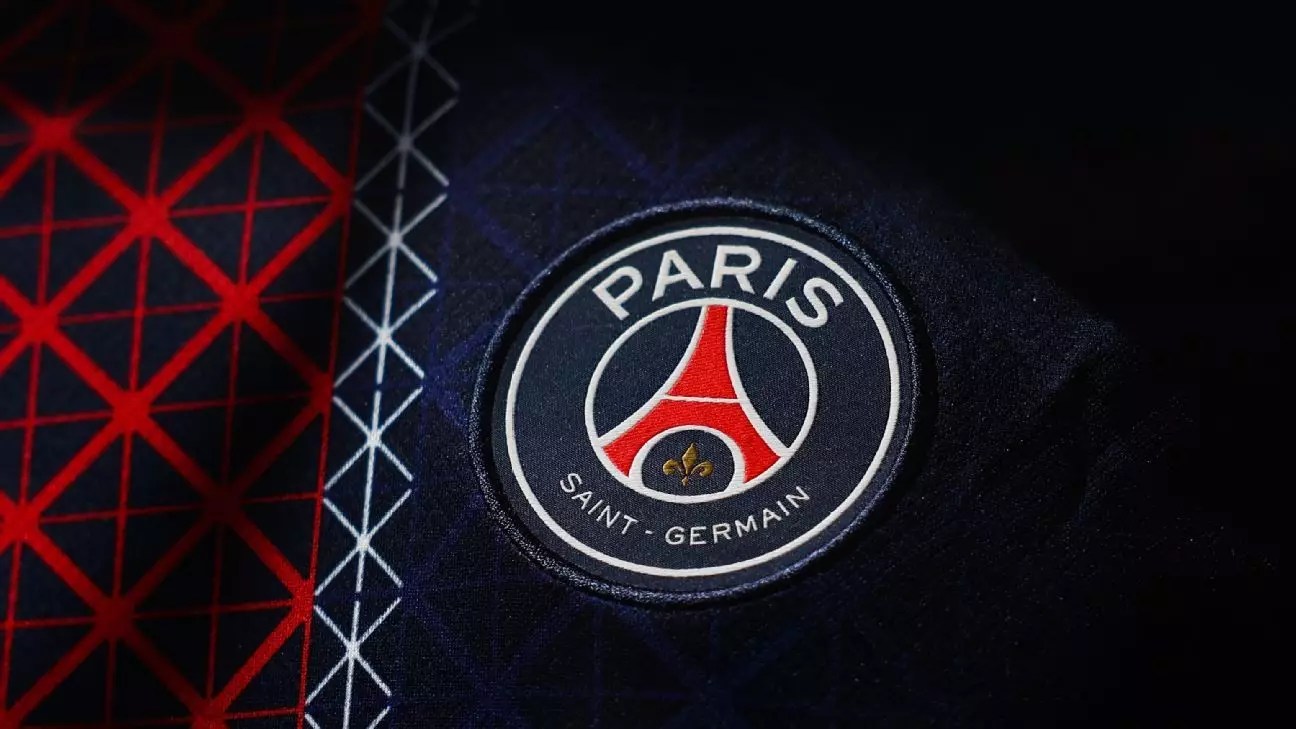The recent disciplinary measures imposed on Paris Saint-Germain underscore a troubling trend in how football’s governing bodies handle fan misconduct. While the passion of supporters is essential to the sport’s vibrant atmosphere, UEFA’s hefty fines and strict penalties risk crossing the line from maintaining order to stifling the very spirit of athletic enthusiasm. Penalizing PSG nearly €150,000 for fan behavior—ranging from turf removal to provocative banners—appears disproportionate, especially when considering the club’s own president’s ties to UEFA. This disconnect raises critical questions about consistency and fairness in disciplinary actions, suggesting that geopolitical dynamics and internal conflicts may influence UEFA’s decisions more than principles of sportsmanship.
Double Standards and Conflated Offenses
One notable aspect of UEFA’s punitive stance is its focus on symbolic gestures—like banners branding “UEFA Mafia”—that, while provocative, fall into the realm of free expression within a sporting context. UEFA’s history demonstrates a pattern of harshly penalizing “disruptive” fan messages, sometimes with questionable legal standing. The case of Norwegian club Brann, whose satirical song about UEFA was initially fined but later overturned on appeal, highlights how easily these sanctions can be inconsistent and subject to interpretation. When a club or fanbase employs satire or dissent, UEFA’s reflexive punishment can appear to prioritize controlling narrative over fair adjudication. Such measures risk alienating supporters and eroding the collective joy that should characterize football’s global appeal.
Financial Impact Versus Spectator Engagement
The economic implications of UEFA’s heavy penalties for PSG are significant—almost €115,000 for field invasions, fireworks, and turf theft, on top of a €10,000 fine for protests and banners. These fines, while substantial, pale in comparison to the €140 million prize money earned by PSG in the Champions League, but they serve as a stark reminder of the financial stakes involved. However, this punitive approach might undermine the essential role fans play as active participants in the sport. By focusing on penalties rather than engagement, UEFA risks creating a climate of fear rather than fostering the passionate camaraderie that fuels football’s appeal. The message it sends is one of regulation over celebration, which could dampen the authentic energy fans bring to the game.
The Broader Implication: Authority and Credibility
Ultimately, UEFA’s disciplinary strategy reveals a fundamental tension between authority and credibility. When a club’s leadership—Nasser al-Khelaifi, a UEFA executive—has complex ties to the very organization issuing penalties, questions about impartiality inevitably surface. This dynamic weakens UEFA’s moral authority, opening the door for skepticism and dissent. The fine and sanctions, although justified as maintaining order, risk becoming symbols of overreach in a sport that thrives on passionate, diverse expressions of support. For football to truly flourish, governing bodies must balance authority with fairness, and discipline with respect for the vibrant culture that supporters create around their clubs.
In the end, UEFA’s approach might satisfy some legal or procedural standards, but it arguably diminishes the sport’s authentic essence. If football is to continue as a unifying global phenomenon, it must recognize the fine line between regulation and control—and be willing to accept that passionate fans, even in their most provocative moments, are integral to the game’s enduring appeal.


Leave a Reply